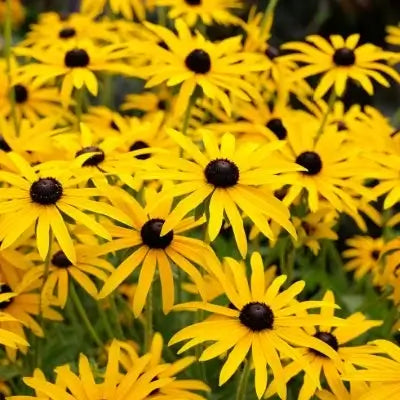TN Nurseries best selling berry plants
Vegetable gardening is more popular than ever, especially with people wanting to become more and more self-sufficient.
Here are some tips to ensure a beautiful, productive, healthy garden area.
Start with your soil first. Feeding and building up your soil is one of the best and more beneficial things. It will also increase the amount each plant yields. You can achieve this faster by making a raised bed. You can also add compost, which is rich in organic matter, and prepare to be amazed at how it will transform your vegetable garden for your soil amendment. You can also shape your beds. Forming your beds will give you extra room for your plants, which is excellent for those trying to stock up, trade with others, or who love to see things! Spacing is also something that will improve the overall health and production of your vegetable garden. Planting in a zig-zag pattern has proven to be the most effective pattern for planting. You will also be able to fit more plants in each area and make sure each has enough room to grow and develop properly.
Consider growing things vertically instead of horizontally if you have a more miniature landscape. You can grow things like tomatoes and strawberries in hanging baskets or help squash and other vines like plants grow up on a trellis or other status to allow for more room in your garden area. You can also practice crop rotation; plant things in a different area each year. It will decrease your chances of pests and disease. Growing vegetables with the same sunlight and soil conditions will also improve the health and productivity of the garden. It is called companion planting, and even plants need friends! Make sure to keep the area mulched, moist, and full of sunlight. Most vegetables need these things to meet their potential and give you the most return. As with any garden, one of the best things you can do is be out there every day, checking on your plants and ensuring they have what they need.
Source of Information on Vegetable Gardening
https://www.tnnursery.net






























































